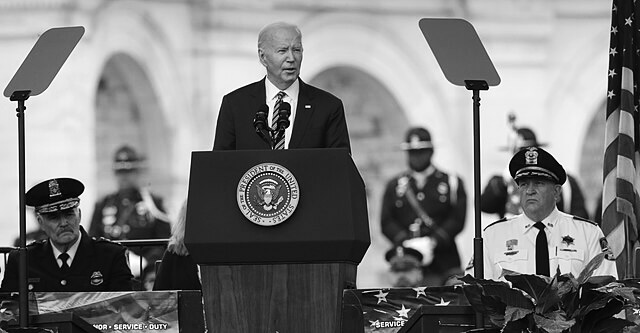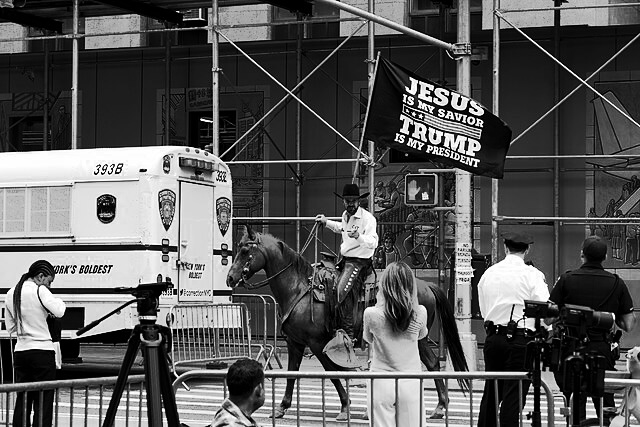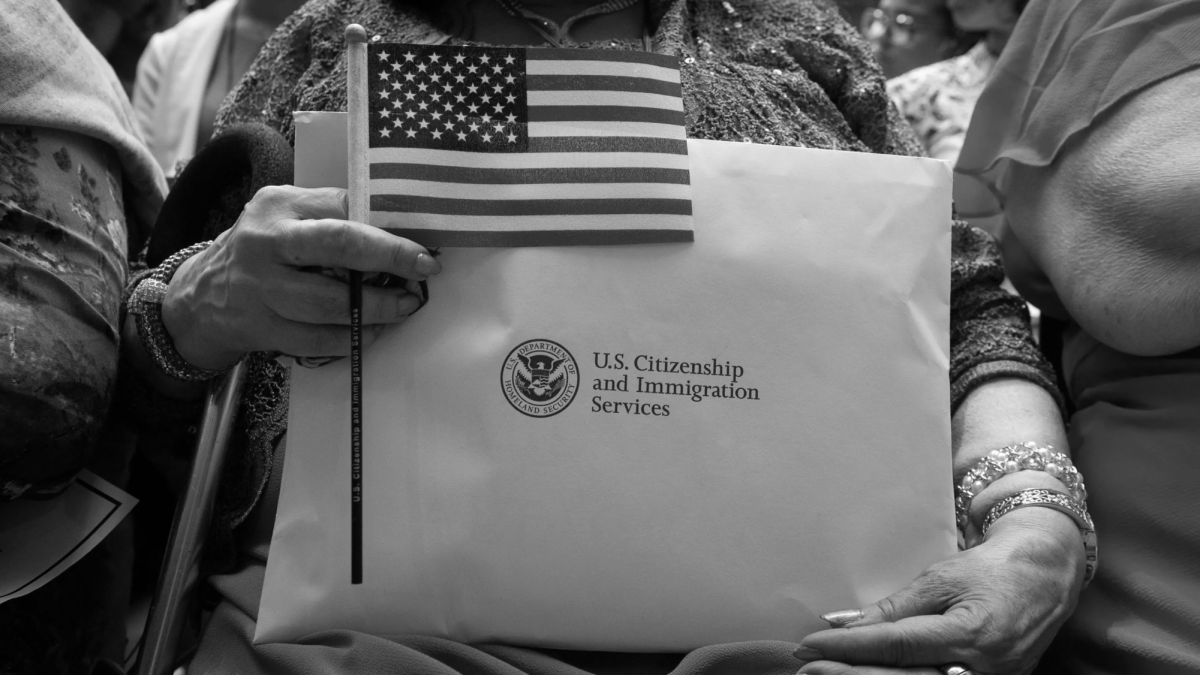Oscars Create Hope for Diversity Goals But Fall Short
Historically, the Oscars have lacked diversity. Since the Academy Awards debuted, only 6% of nominees have been people of color, and only 17% have been women, according to the LA Times. This stems from long-term bias and racism embedded in the film industry. Yet, the success of “Everything Everywhere All at Once” marked a major milestone for Asian representation, sparking hope for a more diverse film industry. Although this year marks a victory for inclusivity, this does not mean Americans should become complacent — this win is only marginal progress in a long and hard fight for diversity.
These snubs display that although this year marks major victories for diversity, there is still room for progress and improvement.
“Everything Everywhere All at Once” is an A24 film with a majority Asian cast and an Asian director. With a creative plot and bold comedic choices, the movie is not the traditional style of film that the Academy embraces, so a major victory at the Oscars seemed unlikely. However, the film made history with seven accolades, the most Academy Awards of all time. “Everything Everywhere All at Once” won statues for Best Actress, Best Supporting Actor, Best Picture and more. The domination of the movie is a major victory for Asian filmmakers and the recognition of minority-led films.
Ke Huy Quan, a well-established Vietnamese-American actor, won Best Male Supporting Actor for his role as Waymond in the film. He portrays an Asian father struggling with his marriage and his relationship with his daughter all while being transposed into different realities where he has to play different characters. This is only the second time an Asian American has won in this category, the first being in 1984. The directors, Daniel Kwan and Daniel Scheinhert, performed a hat trick, winning Best Picture, Best Director and Best Screenplay. With this feat, Kwan became the second Asian American director to complete the trifecta. Another impressive victory went to Michelle Yeoh, who became the first-ever Asian and second woman of color to win Best Actress. She represents a major pillar of progress for diversity and representation in the Oscars.
Examining the successes of “Everything Everywhere All at Once” is important, but equally important is discussing the continuous attacks on diversity in nominations and awards. In the history of the Oscars, no Black woman has ever received a directing nomination. This year, “The Woman King,” directed by Gina Prince-Bythewood and led by an all-Black cast, showed major promise with an outstanding box office performance and high praise from critics, but the Academy did not even nominate it. Additionally, Angela Bassett was the favorite to win her first Oscar for her performance in “Black Panther 2,” but the award went to Jamie Lee Curtis instead. These snubs display that although this year marks major victories for diversity, there is still room for progress and improvement.
Although this year’s Oscars featured historic wins, the continuation of the fight for inclusivity and further representation needs to be at the forefront of viewers’ minds. During the last two Oscars, women won Best Director — however, despite many impressive potential nominees, no women were even nominated for this year’s award. The Academy did not recognize incredible films directed by women, such as Sarah Polley’s “Women Talking’’ and Charlotte Wells’ “Aftersun.”
The shortcomings of this year’s awards reveals the importance of continuing to foster opportunities to promote inclusion within the film industry.
Your donation will support the student journalists of Sidwell Friends School. Your contribution will allow us to purchase equipment and cover our annual website hosting costs.























































